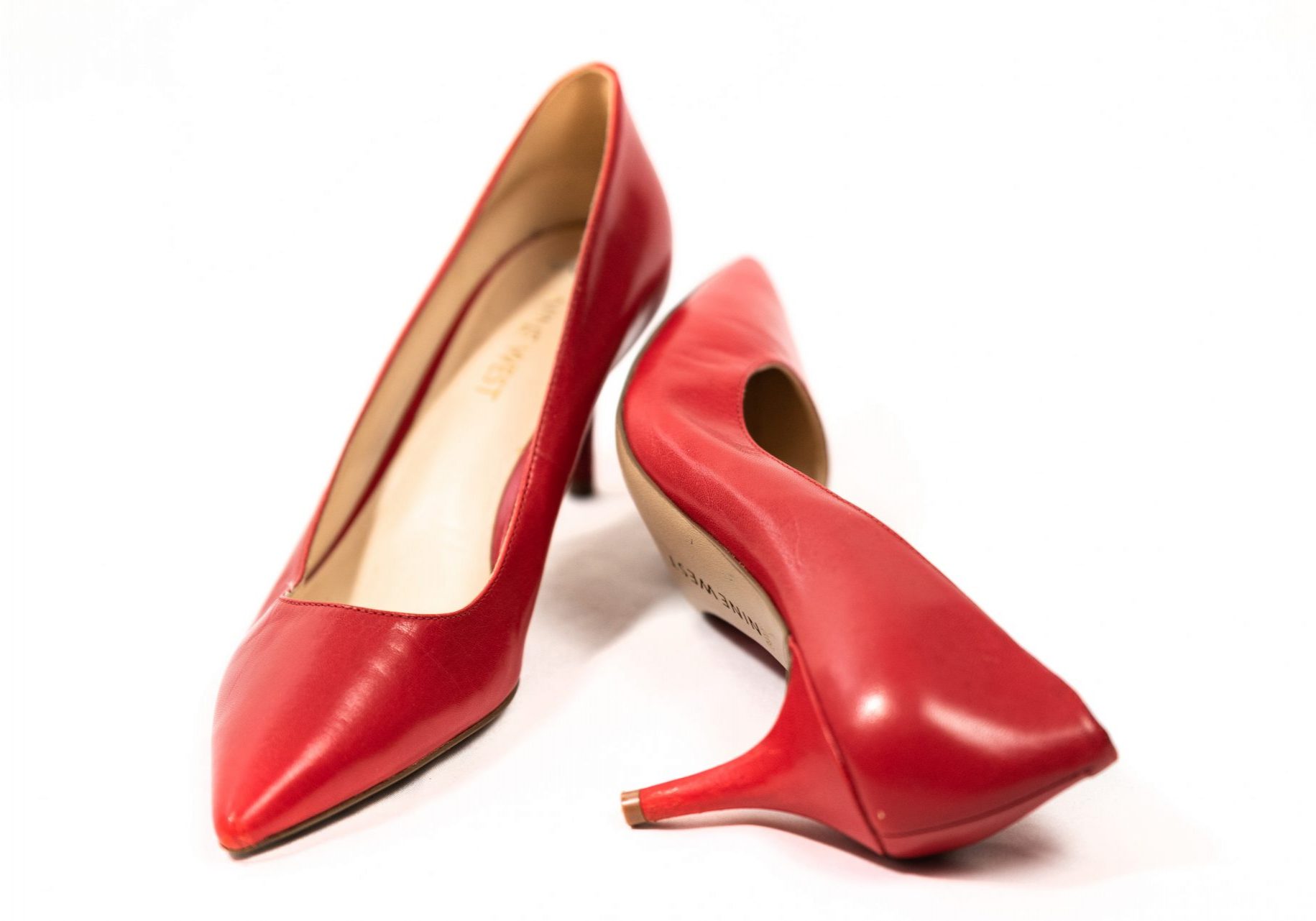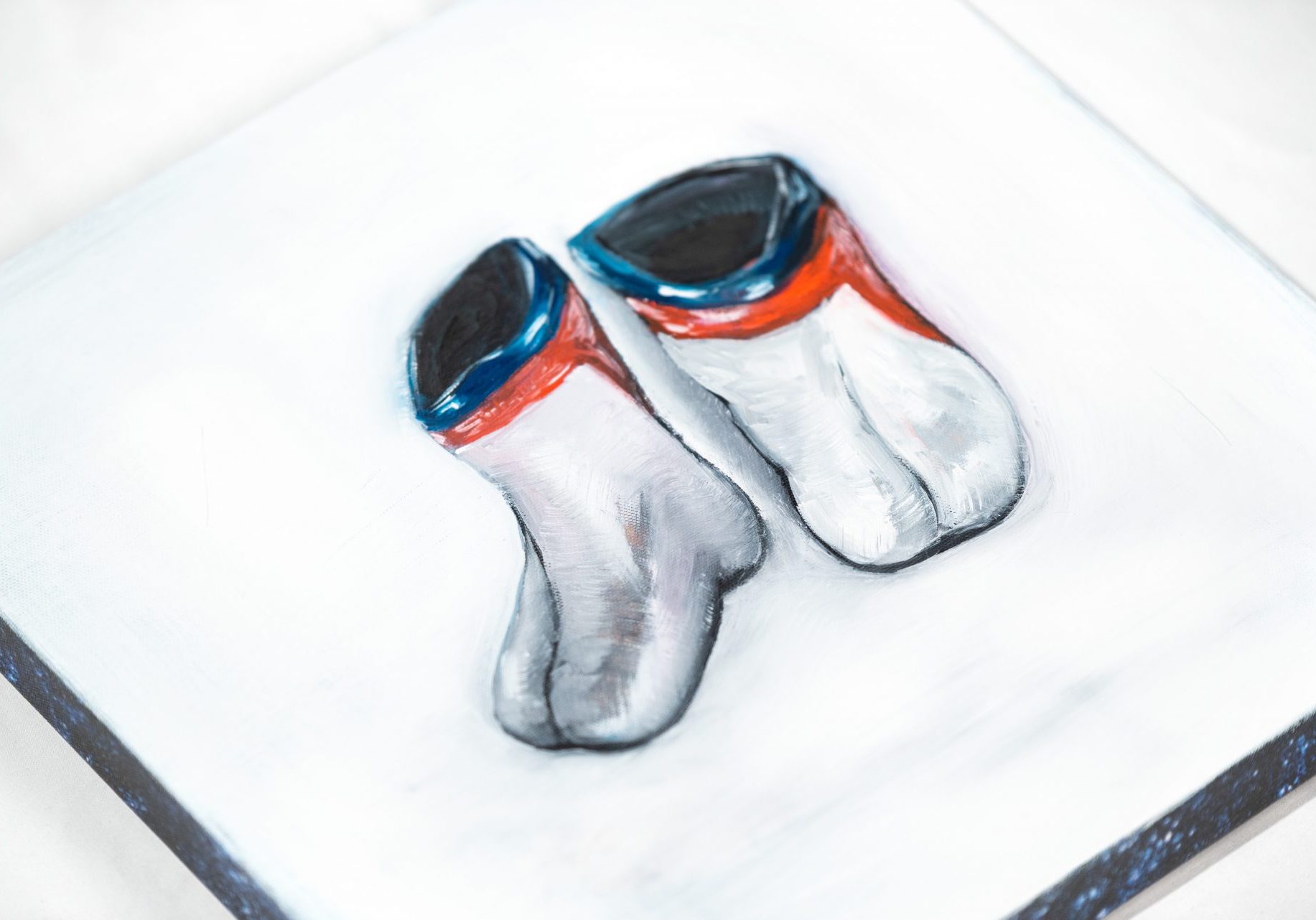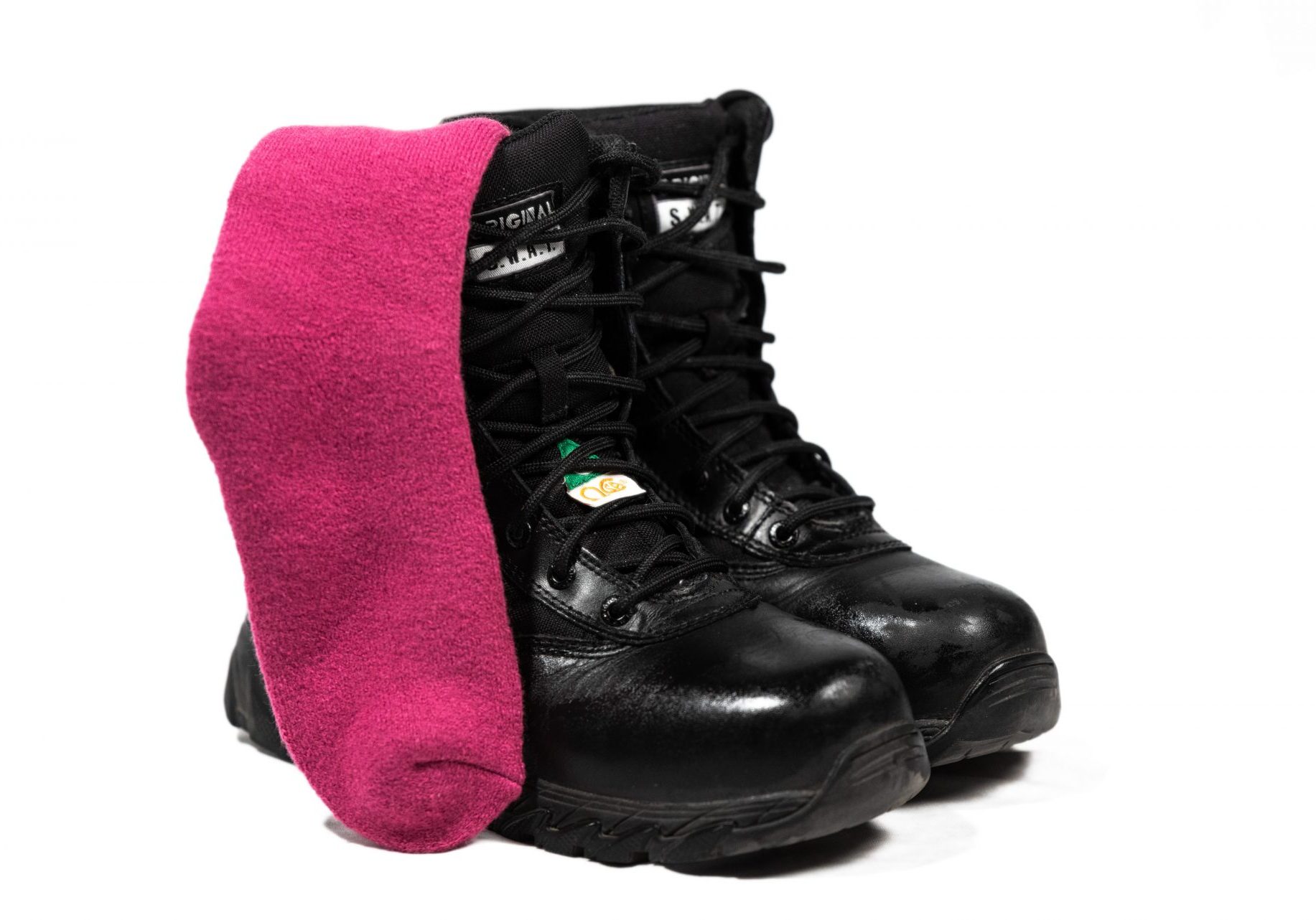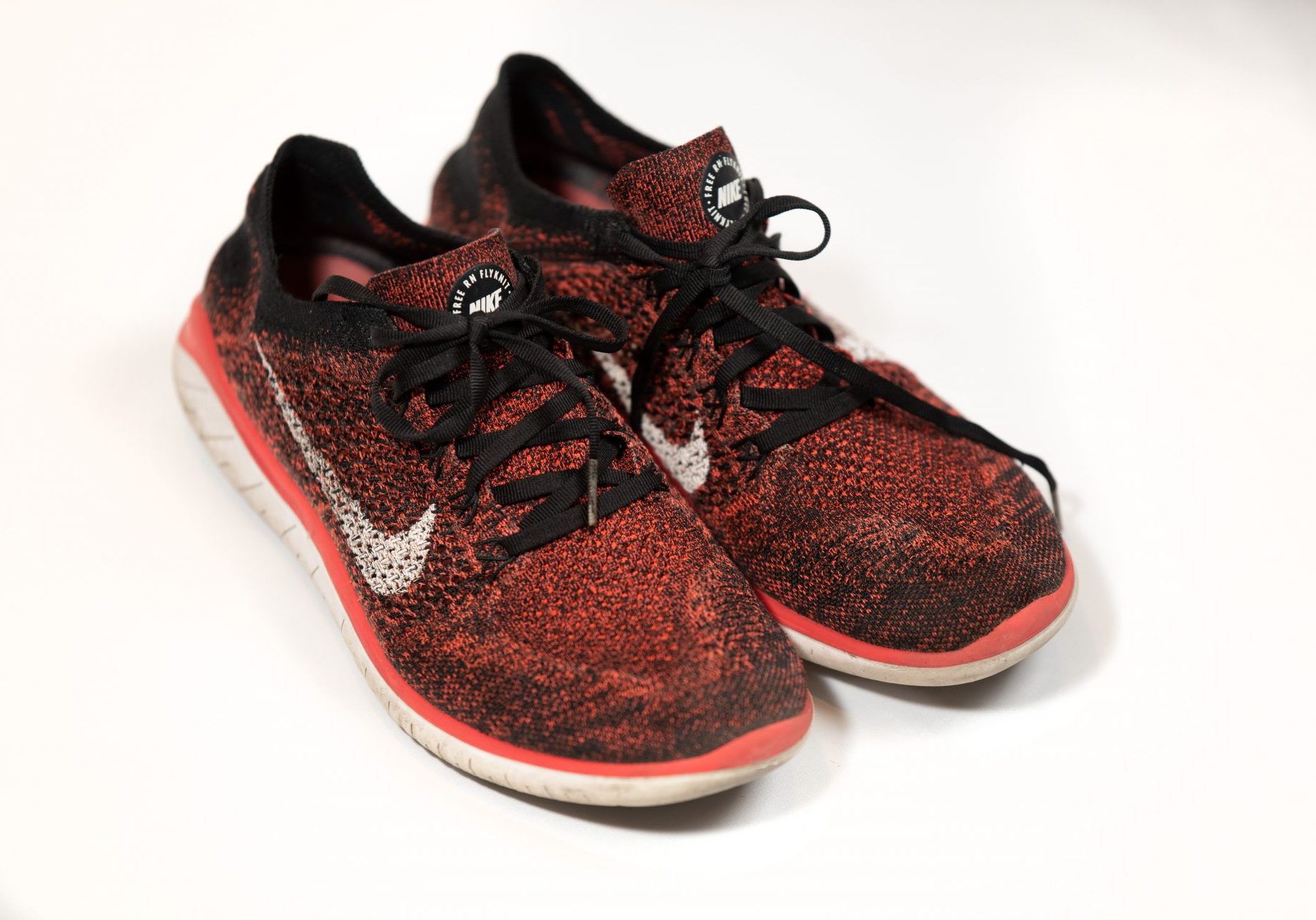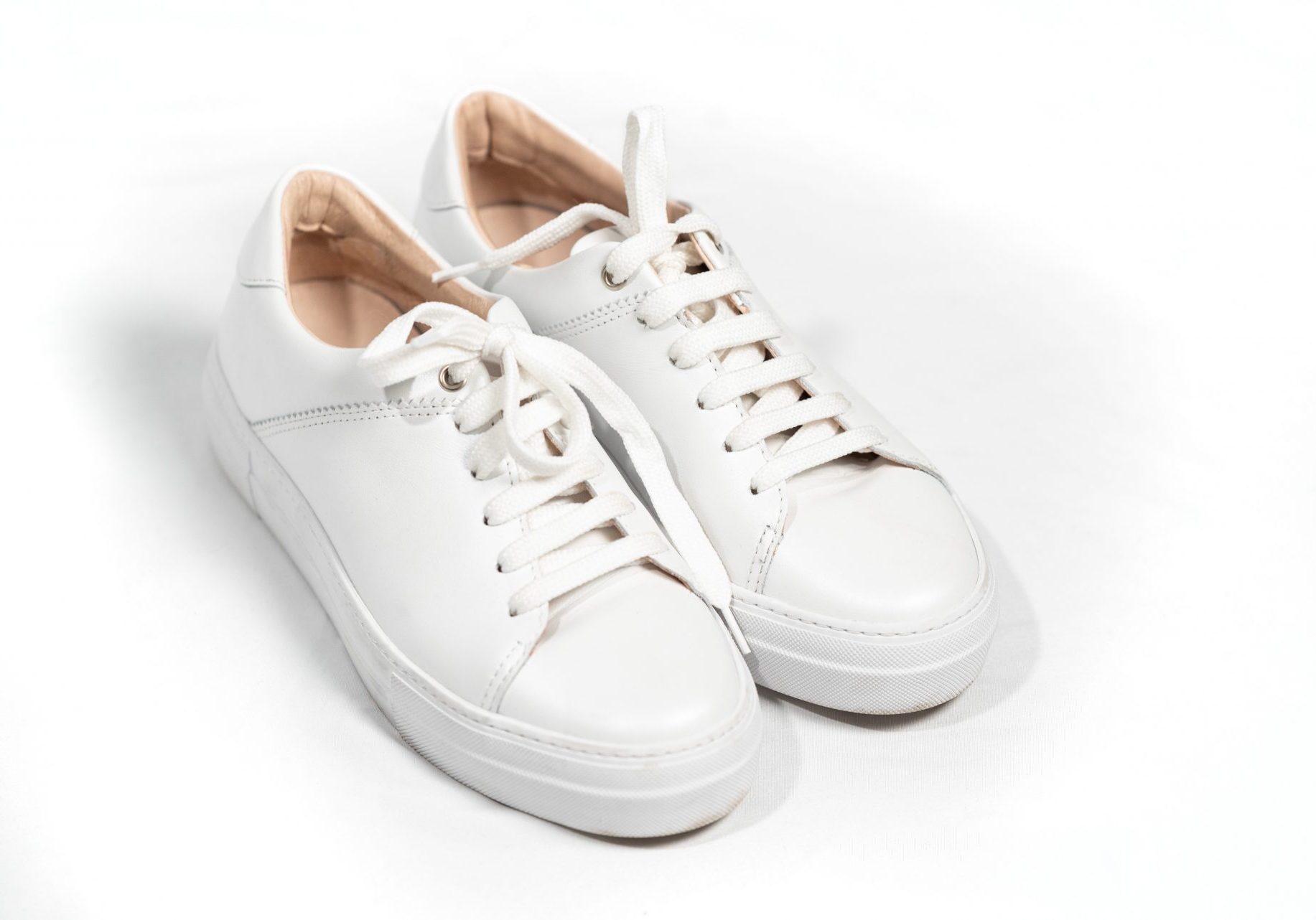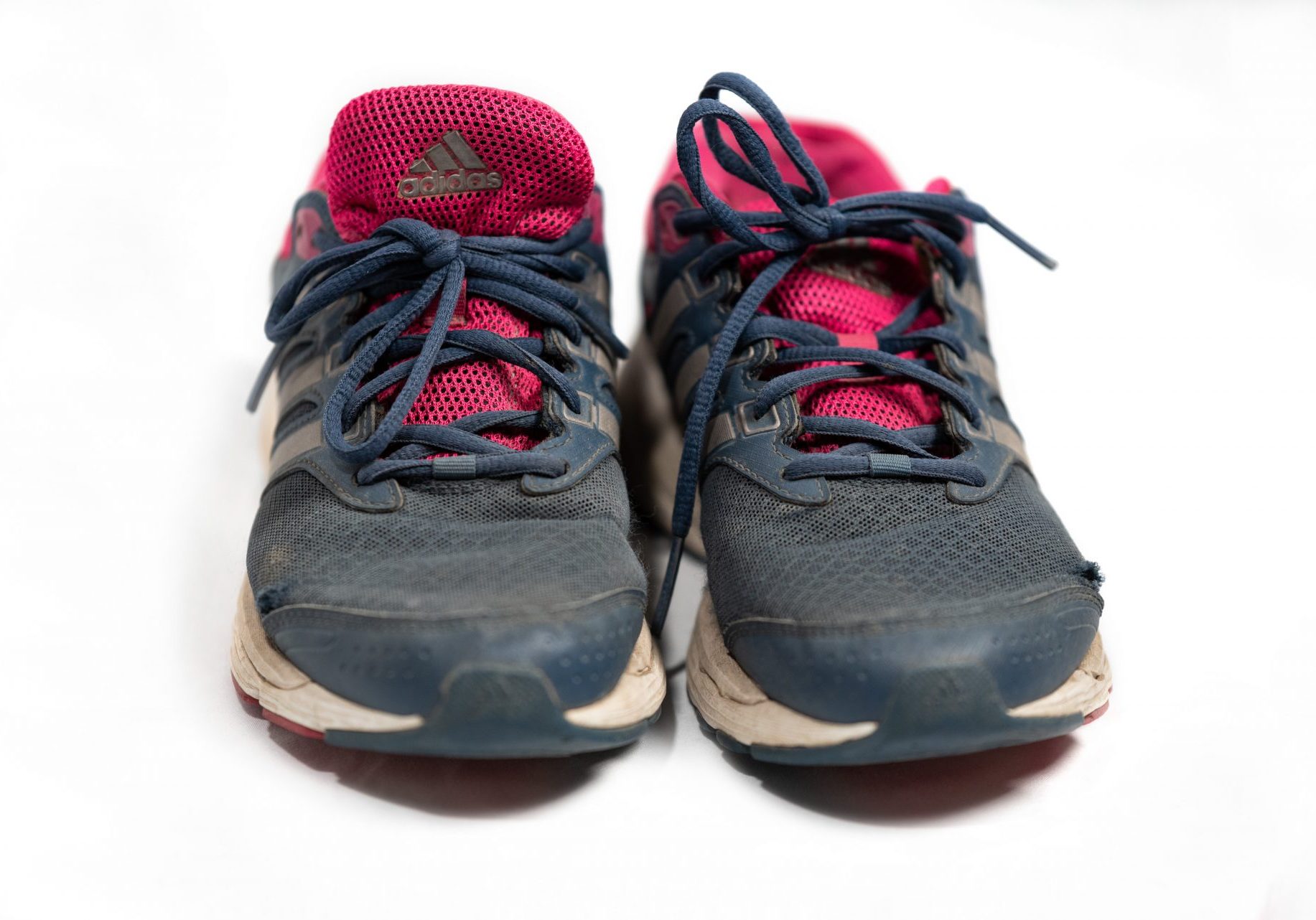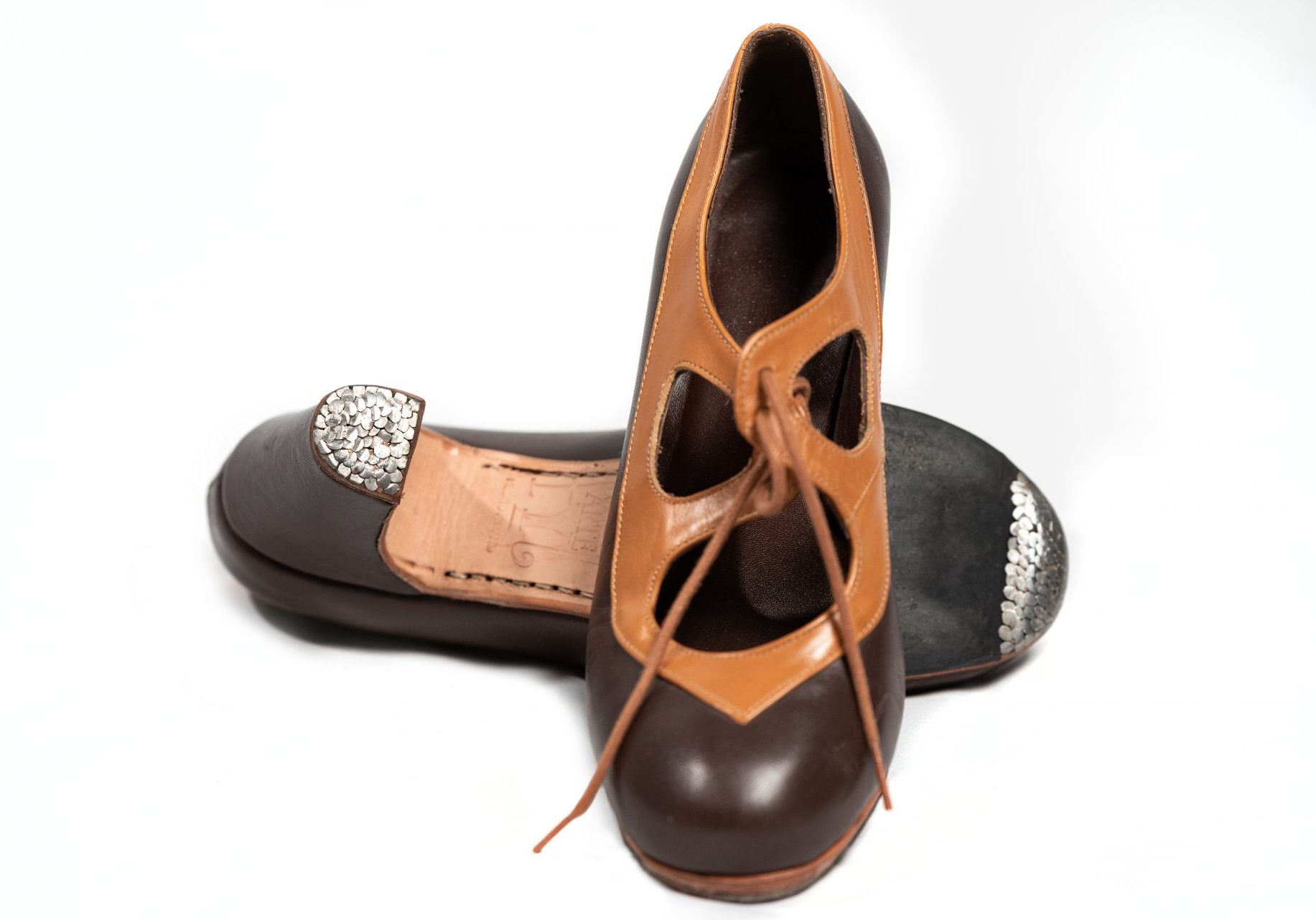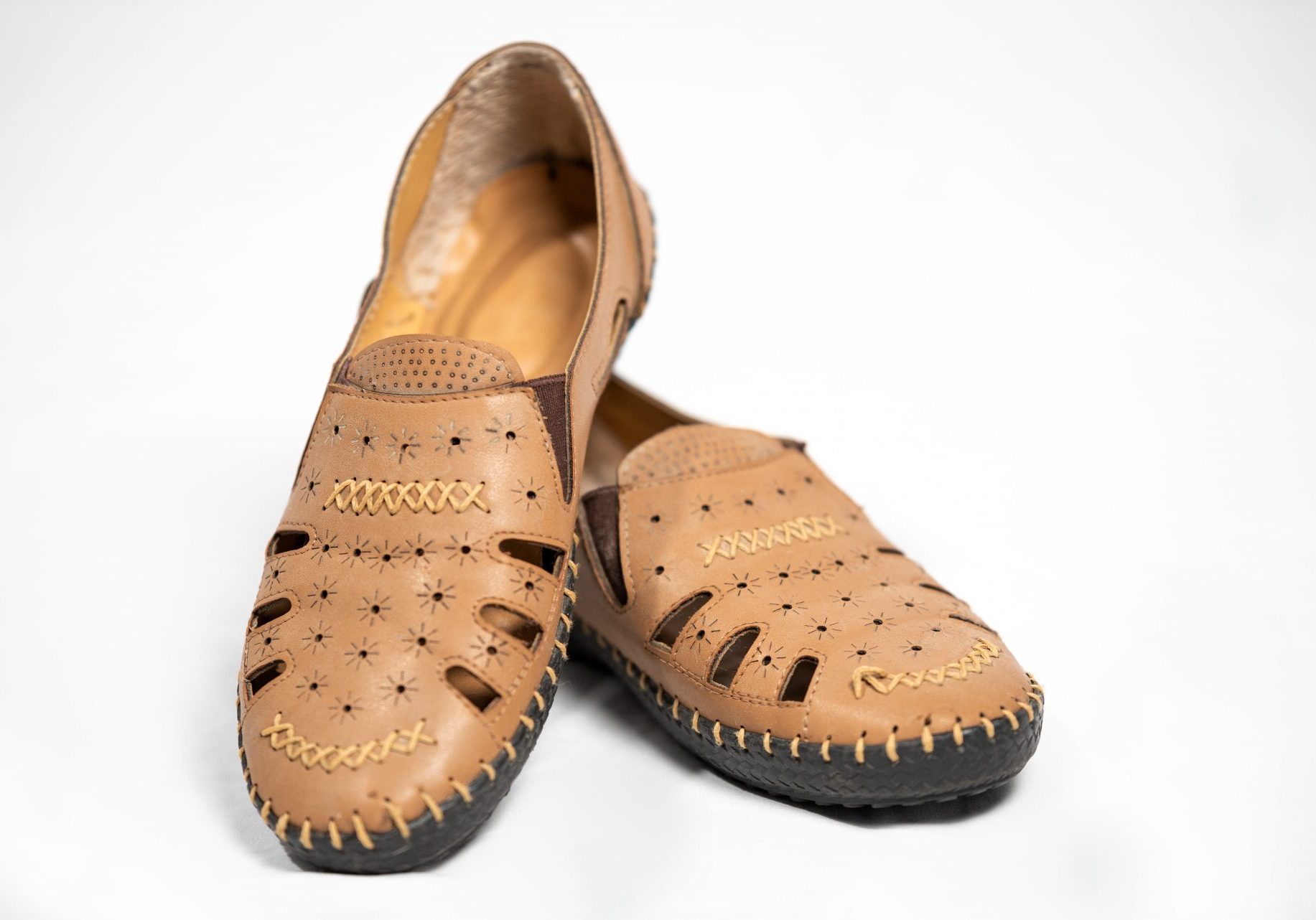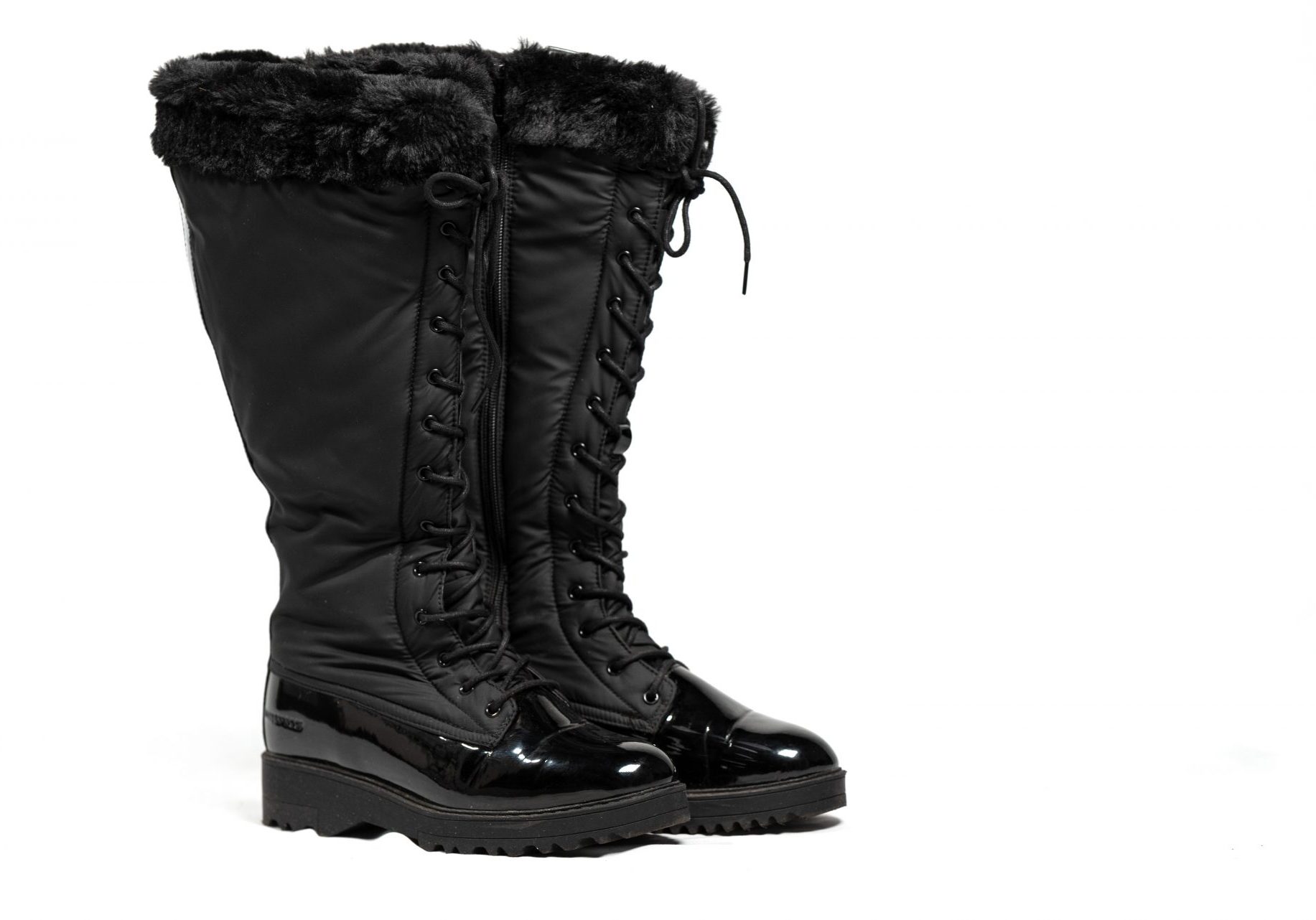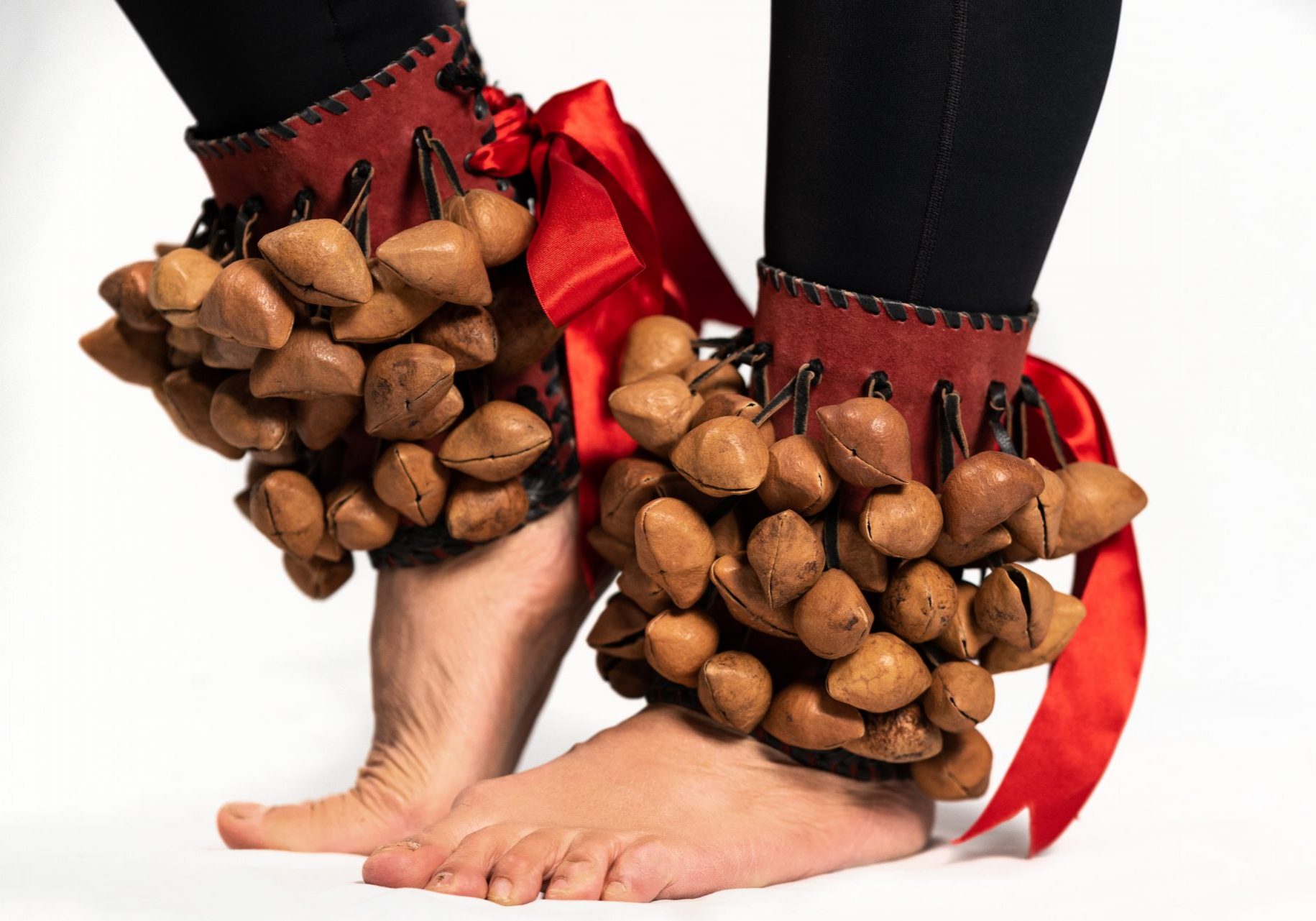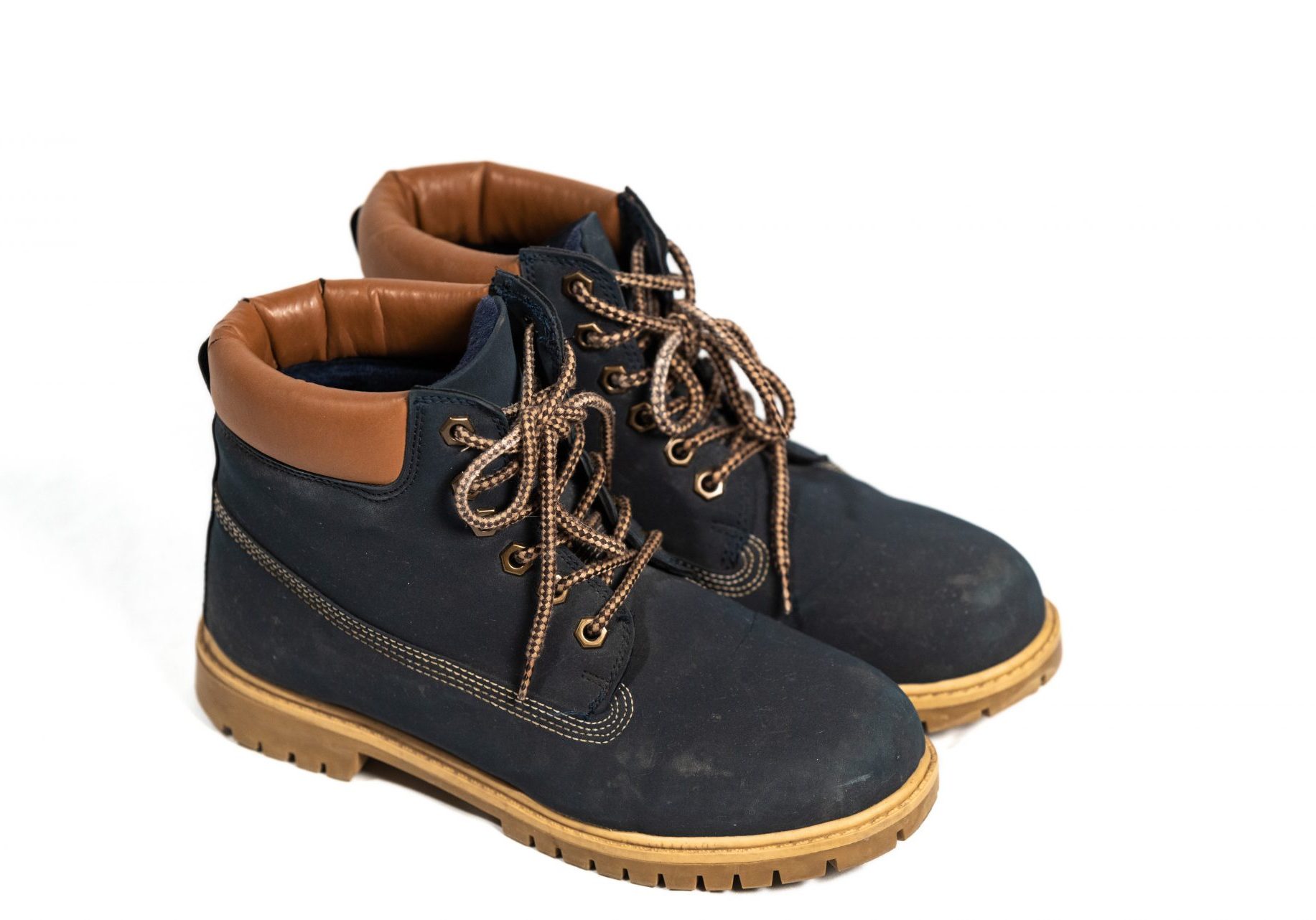Liberty Shoes
Manpreet Kaur (+Video)
Story:
In Punjabi culture, a man’s parents buy shoes for a woman before the two get married. This gift indicates that they will accept the young woman, and it reminds the bride that she is about to step into a new role.
My marriage was arranged through a matrimonial advertisement in the newspaper. My brother called different potential grooms’ parents, and sent them my photograph and bio data, which included my skin tone, height, weight, age and education. In November 2018, I got a call from my future mother-in-law. She said that she wanted to go shopping with me. This was an opportunity to meet my potential fiancé for the first time, although my family and I had already approved his bio data. My future father-in-law would also be there.
We met at the Liberty Shoes Showroom in Chandigarh, India. The showroom was a 15-minute drive from the nurses’ hostel where I lived. My future mother-in-law bought me a pair of black shoes made by the brand Comfort Healers. The colour astonished me because black is usually a prohibited colour for happy occasions in my culture. The Comfort Healers also reminded me of my nursing profession, which heals and provides comfort to all. Yes, I have been an independent working woman since the age of 21.
A fair complexion is a symbol of beauty in my culture. In my schooldays, I was rejected from a group dance competition and a group singing competition because I have a dark complexion. In those competitions, a fair-skinned girl would be more likely to get a prize for the team. I started believing that I was not beautiful. That belief became stronger when my cousins teased me about my colour. For them, it was a joke; for me, it lowered my self-confidence so that I never participated in singing and dancing competitions. Instead, I participated in handwriting, chess and quiz competitions.
After my mother-in-law paid for the shoes at the Liberty store, she said I was a perfect fit for their family. She told me that she liked my confident, friendly and independent nature, my interest in studying and professional advancement, and my readiness to move to Canada to face other new challenges. But I was still worried about whether her son would accept me. He was a fair-skinned, tall and handsome guy who had been living in Canada since 2011.
Doubts were in my mind while I held my new shoes in their Liberty shopping bag. My mother-in-law and father-in-law gave us a private moment to go around the market and buy ice-cream. I asked my fiancé then, “Are you happy?”
He replied in Punjabi, “Yes.” He looked calm and content.
I was not sure how to put the question about my complexion. Despite the gift of my new black shoes, I still feared rejection.
I pointed to a fair-skinned woman walking by and said, “You find her attractive, don’t you?”
My fiancé laughed and told me that his favourite colour was black.
Not satisfied, I said, “Black for your clothes, shoes, laptop and phone. But do you like dark-skinned women like me?”
He might have thought my fixation with my skin colour was silly, but he just said that he found me beautiful. He said I was the perfect woman for him. I sensed he was telling the truth, and I changed my definition of “fair”. Fairness matters most in how we treat and respect people.
My husband and I got married two months after our first meeting. I joined him in Calgary on October 4, 2019. In India, I had never thought about any profession other than nursing, but in Canada I started a career as a community interpreter, and I work as a project instructor at the Calgary Immigrant Women’s Association. I am also working towards getting my nursing licence.
Now I wear my black Liberty shoes in the white snow of Canada, paving my way towards holistic growth.
